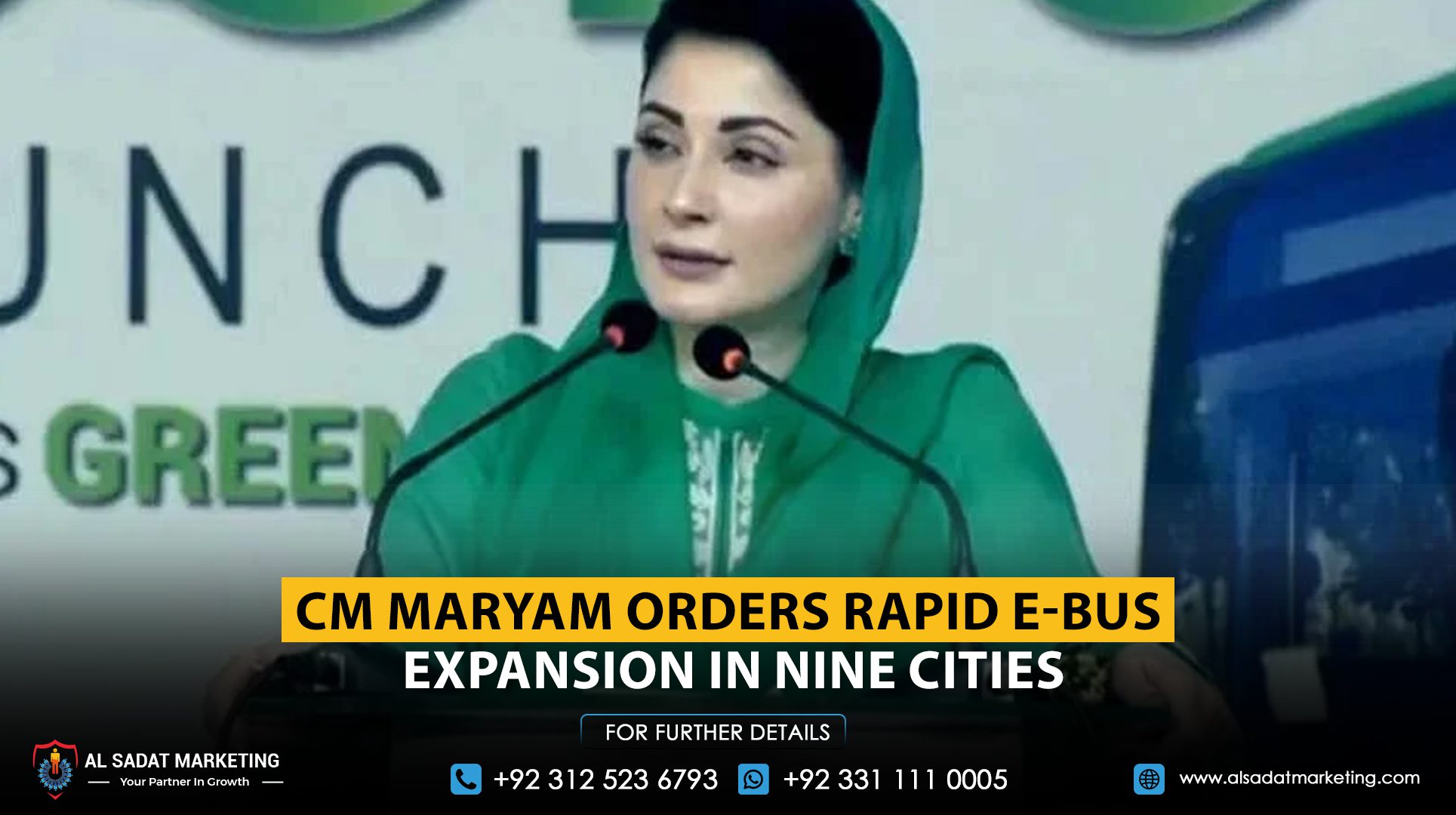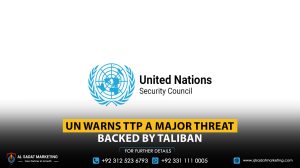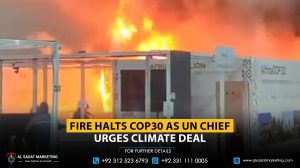Punjab Chief Minister Maryam Nawaz Sharif has announced the immediate launch of an e-bus service and new bus shelters in nine additional cities, aiming to improve public transport and accelerate ongoing public-service projects across the province. During a performance review meeting, she praised the administration and ministers for meeting targets and highlighted Punjab’s initiatives being recognized at the COP30 climate summit in Brazil.
The chief minister directed departments to ensure timely progress on infrastructure and environmental projects. She emphasised approval of industries in line with environmental standards and vowed that no road or bridge in Punjab would remain damaged. The government decided to start the Thal Expressway project, build 20,000 roads providing jobs to 50,000 families, and repair over 30,000 km of roads. Work on a special plastic sewerage line with a service life of 100 years has already begun.
Punjab plans to establish 440 model villages by December 2026, each with drainage, clean drinking water, and basic amenities. Under the ‘Apni Chhat Apna Ghar’ programme, construction on more than 115,000 houses has started, and approval has been granted for the province’s first salt village. A first pharmaceutical zone will also be established, while WASA centres have increased from five to nineteen. The government plans 1,000 recharge wells and over 100 water tanks to protect groundwater. The Vehari-Multan Road is expected to be completed by June.
A single helpline will be created for WASA, PHA, and other municipal services. Draws for the Apni Zameen Apna Ghar scheme will take place soon in 21 cities of 19 districts. Industrial plots will be cancelled if industries are not established within two years. Loans worth Rs60 billion will be issued through the Asaan Karobaar Card and Asaan Karobaar Finance. Phase two of health-centre revamping is scheduled for completion by December.
Punjab leads the country in wheat sowing, cultivating 16.5 million acres and achieving over 80% of the target. Under the Kisan Card programme, farmers have repaid Rs51 billion in the first phase, and Rs43 billion in loans are being issued in the third phase. More than 30,000 tractors have been distributed in the last one and a half years, and 12 types of advanced machinery will be provided under the High-Tech Mechanisation Finance Scheme. The Model Agri Mall is expected to become fully operational within three months, and 3,100 farmers have converted tube wells to solar energy.
The chief minister also directed the timely completion of the Nawaz Sharif Institute of Cancer Treatment and Research and reviewed the rehabilitation of the Punjab Institute of Mental Health. New facilities at Nawaz Sharif Medical City will include a genetic blood disease centre, a surgical orthopaedic centre, and a burn hospital. Medicines have reached 96% of nearly 300,000 heart patients, and procurement has begun for five ablation machines and 100 ventilators for government hospitals. E-buses recorded 8.8 million passenger journeys in 10 cities.
Maryam Nawaz Sharif also received updates on e-taxis, Air Punjab, and the Murree Glass Train. The government plans to provide 10,000 livestock animals to widows and destitute women across Punjab, reinforcing its focus on public welfare and development.










